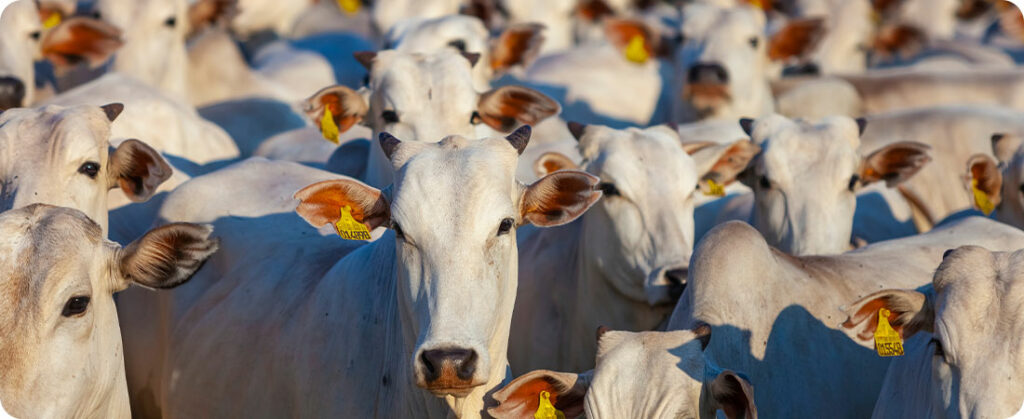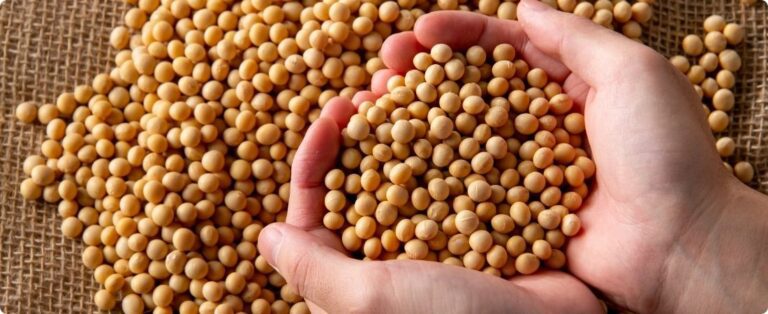
Negotiations above the average reference for the arroba of beef occurred in some Brazilian states during the week, such as São Paulo and Mato Grosso do Sul. According to SAFRAS & Mercado analyst, Fernando Iglesias, slaughterhouses in these states paid more for the arroba in attempt to maintain comfortable slaughter scales in a period of greater demand.
He highlighted, however, that in several Brazilian states the profile of negotiations was sustained, with stability or even a drop in arroba prices. During the month of November, confined animals made a significant contribution, constituting a factor worth mentioning. However, this offer will be gradually reduced, especially during the month of December. “The aggravating factor is that there will not be a large volume of animals finished on pasture at the end of the year, due to the irregular rains in the Center-North of Brazil”, he points out.
Domestic prices of beef arroba
In the city of São Paulo, the price of forward cattle arroba reached R$ 235.00, representing an increase of 2.17% compared to the R$ 230.00 charged the previous week. In the city of Uberaba (MG), the forward price for the arroba was quoted at R$ 230.00, reflecting a drop of 2.35% compared to the R$ 235.00 recorded last week.
In Cuiabá (MT), there was a drop of 0.48% in the value of the arroba. Over the course of the week the price decreased from R$ 210.00 to R$ 209.00. Last week, the forward price of arroba in Uberaba (MG) was quoted at R$ 230.00. This represents a drop of 2.35% compared to the R$ 235.00 previously recorded. In Goiânia (GO), the indication was R$ 230.00, without changes.
Butt cuts prices continue to react in the wholesale market
then going from R$ 18.00 to R$ 19.00 during the week. This is, however, due to the prospect of stronger demand in the final months of the year. Front cuts, however, suffered a devaluation of 1.56% due to intensified competition with chicken meat. Its price therefore fell from R$ 13.00 to R$ 12.80.
Iglesias highlights a continuing trend in the upward movement in beef butt cuts. This is due to stronger demand at this time of year. He highlights that the thirteenth salary and other seasonal bonuses, together with business gatherings, boost the consumption of proteins of animal origin. The creation of temporary jobs also contributes to this stimulus.
Source: Crops & Market














